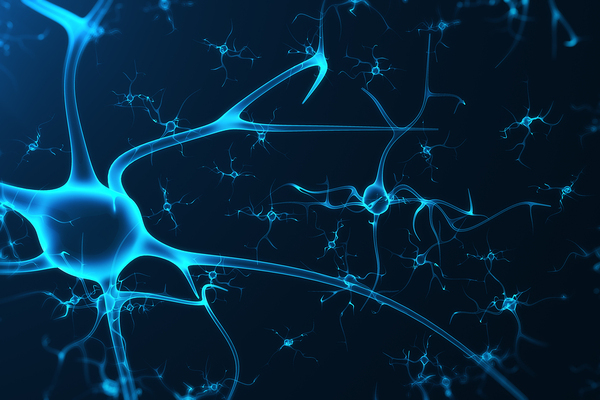
Drugs directly interfere with the brain’s communication center.
In this second part of our four-part series on the link between the brain and addictive behavior, we will delve a bit deeper into the relationship between the brain and drugs by examining topics such as how drugs work in the brain, how the brain responds, and why this leads to substance abuse. Understanding the connection between the brain and addictive behavior yields invaluable insights into the plight of addiction and the many challenges associated with recovery.
Interrupting the System
In the first part of this series, we discussed how brain cells communicate via a vast network of neurons, or nerve cells. When drugs enter the picture, they can interfere with how the system functions across sending, receiving, and processing information.
This works in a number of different ways, according to the National Institute on Drug Abuse (NIDA). Drugs like marijuana and heroin, for example, mimic the body’s natural neurotransmitters, thereby activating neurons in an abnormal way. Drugs like amphetamine and cocaine can either trigger the release of large quantities of neurotransmitters or interfere with the recycling of chemicals in the brain, leading to the production of an unusually strong “message.”
The Brain and the Pleasure Principle
Regardless of the specifics of how they function, most drugs have the same result; namely, stimulating the brain’s pleasure center. Explains NIDA:
“Dopamine is a neurotransmitter present in regions of the brain that regulate movement, emotion, motivation, and feelings of pleasure. When activated at normal levels, this system rewards our natural behaviors. Overstimulating the system with drugs, however, produces euphoric effects, which strongly reinforce the behavior of drug use—teaching the user to repeat it.”
In this sense, it comes down to the way humans are programmed. Continues NIDA:
“Our brains are wired to ensure that we will repeat life-sustaining activities by associating those activities with pleasure or reward. Whenever this reward circuit is activated, the brain notes that something important is happening that needs to be remembered and teaches us to do it again and again without thinking about it. Because drugs of abuse stimulate the same circuit, we learn to abuse drugs in the same way.”
Unfortunately, drugs can ultimately end up generating exponentially more pleasures than innate natural rewards. The effects are also more immediate and long-lasting than natural rewards, such as those that come from food and sex. As a result, people are motivated to continue to abuse drugs. Perhaps NIDA puts it best in concluding: “This is why scientists sometimes say that drug abuse is something we learn to do very, very well.”
When Wants Turn into “Needs”
The catch, as mentioned in the previous blog, is that as the brain becomes accustomed to drugs, it adapts—meaning not only are once-adequate natural rewards dulled, but even more artificial stimulation is necessary in order to produce the same feelings of pleasure. This phenomenon is known as “tolerance.”

Just as drug abuse is multi-factored, so is addiction recovery.
“At this point, compulsion takes over,” say experts at Harvard. “The pleasure associated with an addictive drug or behavior subsides—and yet the memory of the desired effect and the need to recreate it (the wanting) persists. It’s as though the normal machinery of motivation is no longer functioning.” What is the result? Everything from declines in cognitive functioning and loss of inhibition to impaired decision-making and uncontrollable cravings.
The takeaway for addicts and the people who love them is that addiction is a powerful and complex combination for which there’s no simple or single solution. However, with the right approach, recovery is possible. Be sure to check back soon for the next piece in this series, which will cover the medical consequences of addiction.
We’re Here to Help
For more information on drug addiction recovery St. Louis, contact us at Harris House today.







